Privacy Concerns with Home Security Cameras: What You Need to Know
Home security cameras have become increasingly popular in recent years as a way to monitor and protect your homes and properties. While these devices can offer peace of mind and a sense of security, they also raise important privacy concerns that homeowners need to be aware of.
In this article, we'll explore the potential privacy issues associated with home security cameras and provide tips on how to minimize these risks.
Privacy Concerns with Home Security Cameras

1. Surveillance and Monitoring
One of the primary concerns with home security cameras is the potential for surveillance and monitoring. While these devices are intended to keep homes safe and secure, they also have the potential to be used for surveillance purposes, whether by the homeowner or by external parties. This could include monitoring the comings and goings of family members, visitors, and even neighbors.
One of the primary concerns with home security cameras is the potential for surveillance and monitoring. While these devices are intended to keep homes safe and secure, they also have the potential to be used for surveillance purposes, whether by the homeowner or by external parties. This could include monitoring the comings and goings of family members, visitors, and even neighbors.
2. Data Collection
Another concern with home security cameras is the amount of data they collect. Most devices will record and store footage of people, animals, and vehicles moving around the property. This data can be used to track patterns and behaviors, which could be used by third parties for marketing or other purpose.
3. Hacking
A third concern with home security cameras is the amount of data they collect. Most devices will record and store footage of people, animals, and vehicles moving around the property. This data can be used to track patterns and behaviors, which could be used by third parties for marketing or other purposes.
Tips to Minimize Privacy Risks
1. Read the Privacy Policy
Before purchasing a home security camera, it's important to read the manufacturer's privacy policy. This will outline how the company uses and shares data collected by the device, as well as any security measures in place to protect user information.
2. Opt for Local Storage
Many home security cameras offer cloud storage for recorded footage. While this can be convenient, it also raises privacy concerns. Opting for a device that offers local storage means that the footage in only accessible from within the home and not by external parties.
3. Choose a Reputable Brand
When purchasing a home security camera, it's important to choose a reputable brand. Look for companies that have a history of protecting user privacy and have implemented strong security measures to prevent hacking.
4. Use Strong Passwords
To minimize the risk of hacking, it's important to use strong passwords for all devices on the home network, including home security cameras. Avoid using default passwords and opt for a unique, complex password instead.
5. Limit Access
Finally, it's important to limit access to home security cameras. Only give access to those who need it, such as family members or trusted individuals who are responsible for monitoring the property.In conclusion, home security cameras can be a useful tool for keeping homes safe and secure. However, it's important to be aware of the potential privacy concerns associated with these devices and take steps to minimize these risks. By reading privacy policies, opting for local storage, choosing reputable brands, using strong passwords, and limiting access, homeowners can enjoy the benefits of home security cameras without sacrificing their privacy.
All About Your Security.
🛍️Shop Now
"If you liked this blog, you'll love the rest of our site! Follow along so you don't miss a great post!"


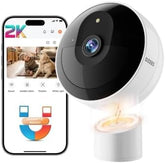

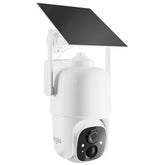




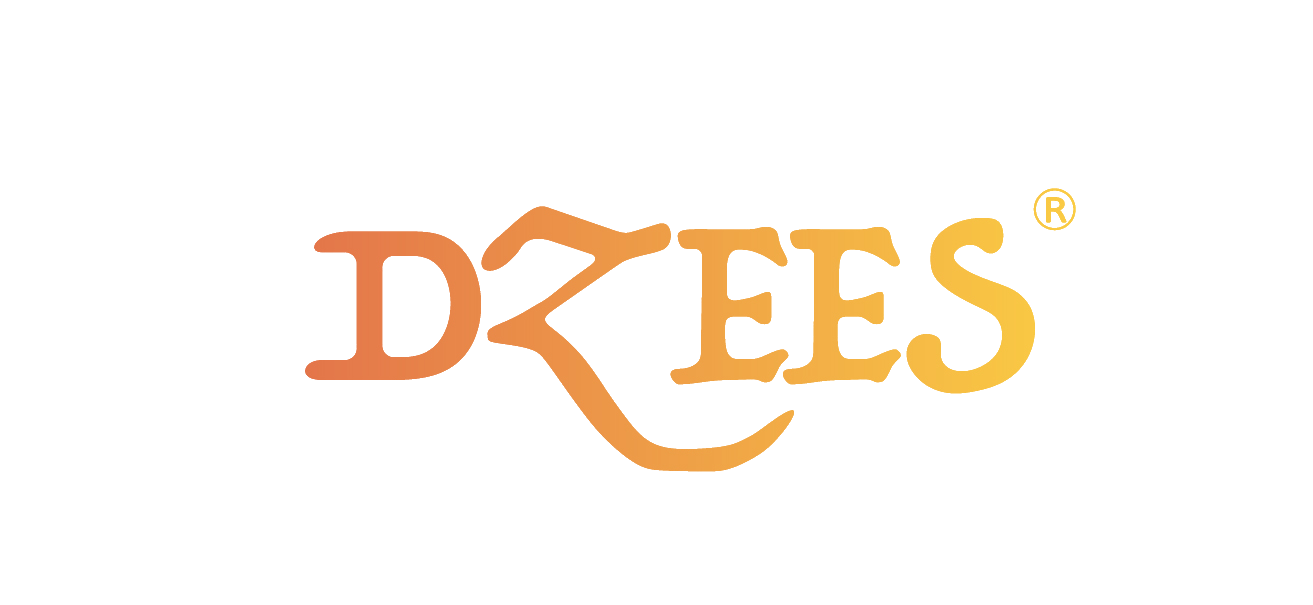
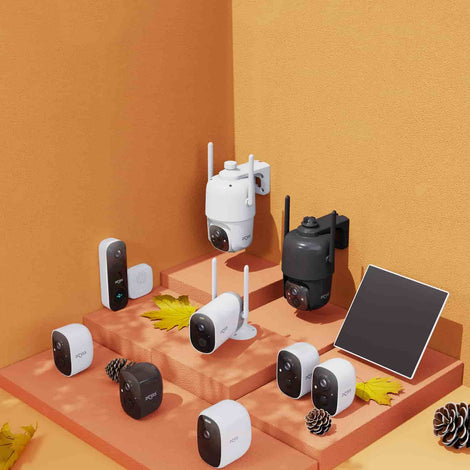
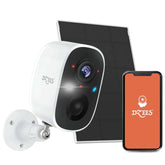

Hinterlasse einen Kommentar
Alle Blog-Kommentare werden vor der Veröffentlichung geprüft